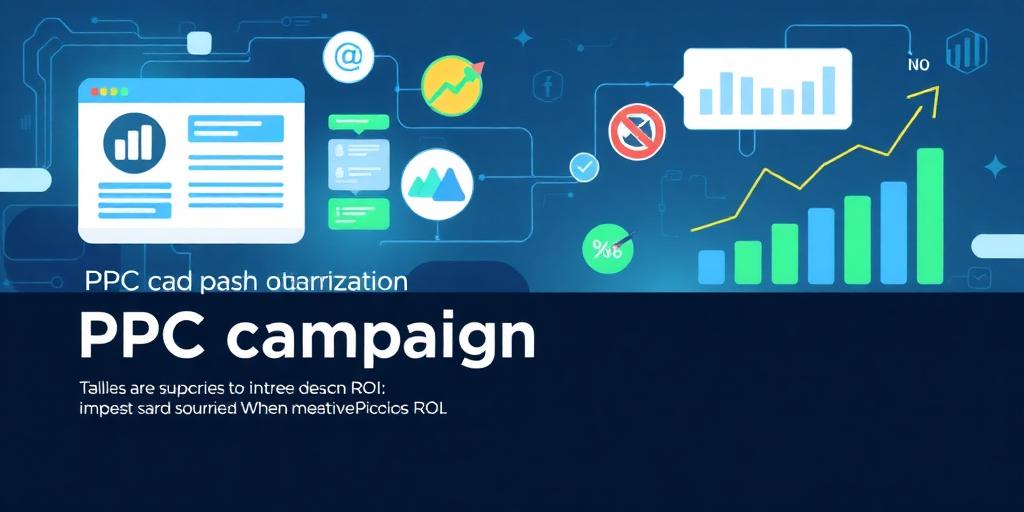How Search Engines Work (And Why It Matters for SEO)
Search engines have become indispensable tools in the digital age, serving as the primary gateway to accessing information online. Understanding how these engines function is crucial, especially for anyone involved in search engine optimization (SEO). This article provides an in-depth look at the inner workings of search engines and why this knowledge is vital for effective SEO strategies.
The Basic Functions of Search Engines
At their core, search engines perform three primary functions:
- Crawling:
- Search engines use automated programs called "crawlers" or "spiders" to explore the internet. These crawlers follow links from one webpage to another, discovering and indexing content.
- Indexing:
- Once a crawler discovers a webpage, the search engine analyzes its content, categorizing and storing it in a vast database called an index. This index allows the search engine to quickly retrieve relevant information in response to user queries.
- Ranking:
- When a user submits a search query, the search engine sifts through its index to identify the most relevant and authoritative results. It then ranks these results based on a complex algorithm, presenting them in order of relevance on the search engine results page (SERP).
Key Components of Search Engine Algorithms
Search engine algorithms are sophisticated systems that consider numerous factors to determine the relevance and ranking of webpages. Some of the most important components include:
- Keywords:
- Keywords are the terms or phrases that users enter into search engines. Algorithms analyze the presence and placement of keywords on a webpage to assess its relevance to a particular query.
- Content Quality:
- Search engines prioritize high-quality, informative, and engaging content. Factors such as readability, originality, and depth of information are carefully evaluated.
- Backlinks:
- Backlinks, or links from other websites, are a crucial ranking factor. They serve as endorsements, signaling to search engines that a webpage is trustworthy and authoritative.
- User Experience (UX):
- Search engines consider various UX signals, such as page loading speed, mobile-friendliness, and website navigation. A positive user experience is essential for achieving high rankings.
- Semantic Search:
- Modern search engines employ semantic search techniques to understand the context and intent behind user queries. This allows them to deliver more accurate and relevant results, even if the exact keywords are not present on a webpage.
Why Understanding Search Engines Matters for SEO
For SEO professionals, a deep understanding of how search engines work is essential for developing effective strategies that improve organic visibility and drive targeted traffic. Here’s why:
- Keyword Optimization:
- By understanding how search engines analyze keywords, SEOs can optimize their content to target relevant search queries. This involves identifying high-value keywords, incorporating them naturally into webpage content, and optimizing meta tags and headings.
- Content Creation:
- Knowing that search engines prioritize high-quality content, SEOs can focus on creating informative, engaging, and original content that meets the needs of their target audience. This includes conducting thorough research, writing compelling copy, and incorporating visuals to enhance the user experience.
- Link Building:
- Backlinks are a critical ranking factor, so SEOs must develop strategies to acquire high-quality links from reputable websites. This involves creating valuable content that others will want to link to, as well as actively reaching out to potential link partners.
- Technical SEO:
- Technical SEO involves optimizing the technical aspects of a website to ensure it is easily crawlable and indexable by search engines. This includes improving site speed, ensuring mobile-friendliness, and implementing structured data markup.
- User Experience Optimization:
- Search engines consider UX signals when ranking webpages, so SEOs must focus on creating a positive user experience. This involves optimizing website navigation, improving page loading speed, and ensuring that the website is mobile-friendly.
The Future of Search Engines and SEO
Search engine algorithms are constantly evolving, driven by advancements in artificial intelligence (AI) and machine learning. As search engines become more sophisticated, SEO strategies must adapt to keep pace.
- AI and Machine Learning:
- AI and machine learning are playing an increasingly important role in search engine algorithms. These technologies enable search engines to better understand user intent, analyze content quality, and identify spammy or low-quality websites.
- Voice Search:
- With the rise of voice-activated devices, voice search is becoming increasingly popular. SEOs must optimize their content for voice search by focusing on long-tail keywords, answering common questions, and providing concise, easy-to-understand information.
- Mobile-First Indexing:
- Search engines now use mobile-first indexing, meaning they primarily use the mobile version of a website to determine its ranking. SEOs must ensure that their websites are fully optimized for mobile devices to achieve high rankings.
Conclusion
Understanding how search engines work is essential for effective SEO. By focusing on keyword optimization, content creation, link building, technical SEO, and user experience optimization, SEOs can improve their website's organic visibility and drive targeted traffic. As search engine algorithms continue to evolve, SEO strategies must adapt to keep pace with the latest advancements in AI, machine learning, voice search, and mobile-first indexing. Staying informed and proactive is key to achieving long-term success in the ever-changing world of SEO.
Long-Tail Keyword Variations:
- "How do search engine algorithms work for SEO?"
- "Understanding search engine crawling and indexing for SEO"
- "Why is content quality important for search engine ranking?"
- "Best SEO practices for improving search engine visibility"









